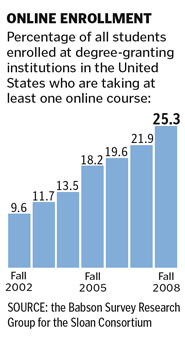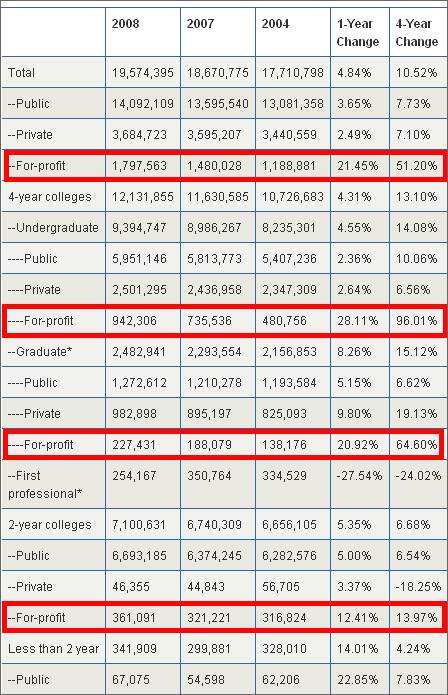Apollo Group joins learning technology partnership with Stanford University — from businesswire.com
Partnership brings together academic researchers and select industry partners to study interactive communications and technology; Apollo Group’s Dr. Tracey Wilen-Daugenti to serve as visiting scholar
Through the partnership, Apollo Group and Dr. Wilen-Daugenti will work with Stanford University faculty and researchers studying basic issues about the design and use of modern technologies and their impact on today’s learner. Apollo Group will also participate with Stanford faculty members and graduate students to explore the role technology can play in higher education organizations, with a specialization in distance learning.
“Technology today is changing at an extremely fast pace, which impacts both enterprise and educational institutions, requiring them to keep up with the latest trends,” said Dr. Wilen-Daugenti. “Students are increasingly exposed to the latest technology in their lives, and seek access to it in their work and education environments. Through this partnership and visiting scholar program, we hope to address this issue and find ways for higher learning institutions to more readily use technology to address the needs of today’s students.”










